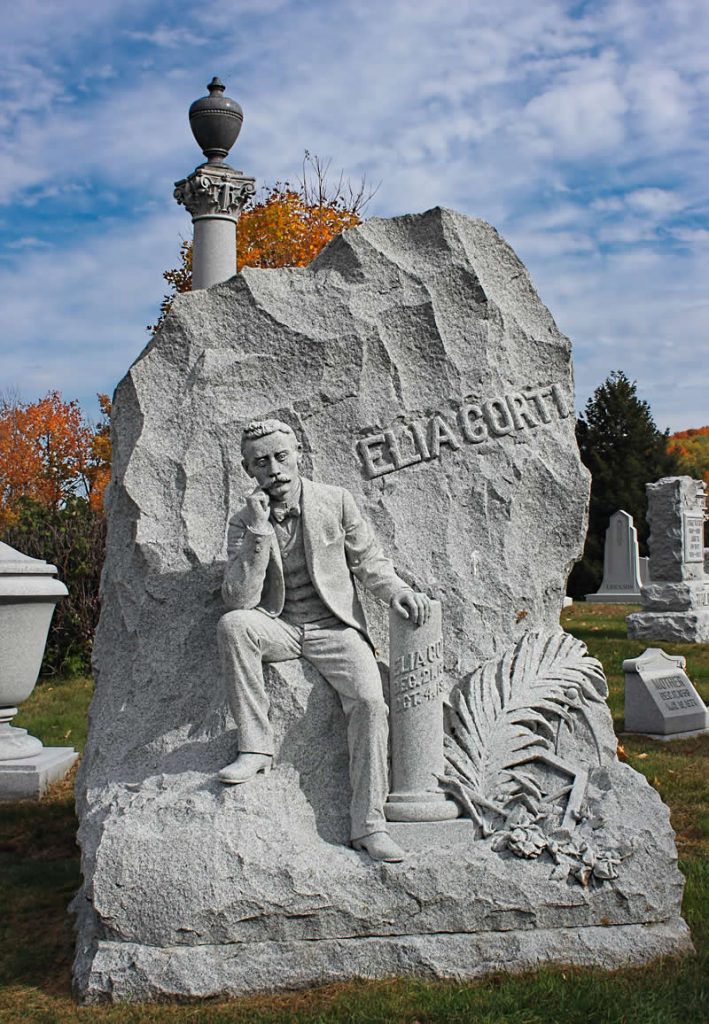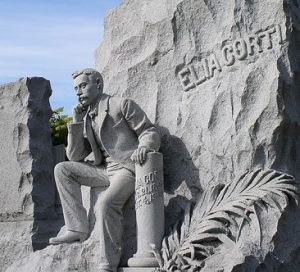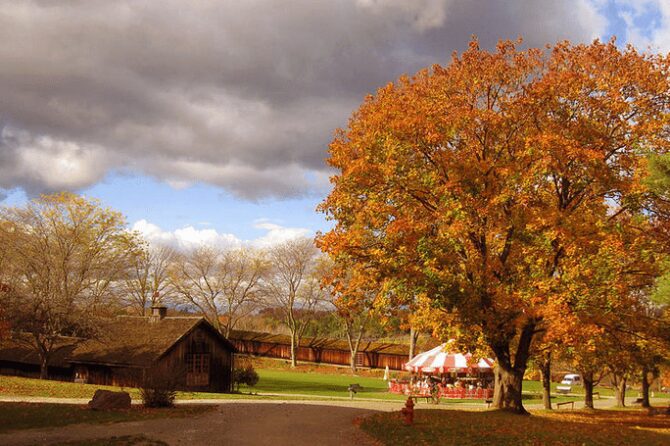If you have ever visited the fascinating and beautiful Hope Cemetery in Barre, Vermont, it's more than likely that you have walked by the fascinating, beautiful monument to Elia Corti. However, like most people, you may or may not have known about the tale behind the man and his memorial.
The Life of Elia Corti
Elia Corti was a prominent figure in Barre, Vermont's socialist community in the early 20th century. Born in Italy, Corti immigrated to the United States and settled in Barre, known as the “Granite Capital of the World” for its thriving granite industry.
Born in Italy, Corti immigrated to the United States and settled in Barre, known for its granite industry and progressive politics. As a dedicated socialist, Corti advocated for workers' rights and economic equality, aligning himself with the radical labor unions of the early 20th century.
Corti was an active member of Barre's socialist movement, advocating for workers' rights and economic equality. He was involved with local labor unions and socialist organizations, using his voice to champion the causes he believed in.
The Death of Elia Corti
According to the Barre Daily Times of October 5, 1903: “Elia Corti was shot in the stomach and mortally wounded at a meeting in the Socialist building on Granite Street.
Corti died at midnight last night at Heaton Hospital in Montpelier having lived about thirty hours after he received the bullet. The shooting occurred at 7:15 PM on Saturday evening and was the outcome of a general discussion between the socialists and anarchists present.
Andrew Garetto was arrested and charged with the shooting. Garetto was sentenced to serve not less than ten nor more than twelve years in state prison.” On his release he returned to Barre but left shortly after and it is believed that he went back to Italy.

Memorial Art and a Legacy Left Behind
Elia Corti and his monument are very much a part of the story of memorial art at Hope Cemetery in Barre, VT. Cut from a single piece of granite by the brother of the deceased. The outstanding hand carved life size figure sits quietly contemplative. The detail of the clothing and the tools of the granite trade almost bring this figure to life.
Elia Corti’s legacy lives on, etched into the very stones he once shaped, a reminder of the fragility of life and the impact of violence on a community. Corti's gravestone in Hope Cemetery stands as a testament to his life's work and the enduring legacy of socialist thought in Vermont. The cemetery is home to numerous monuments and memorials honoring the state's labor history, making it a significant site for understanding Vermont's unique political and social landscape.
Thank you for visiting Vermonter.com! Please subscribe to our email list for the latest articles!




